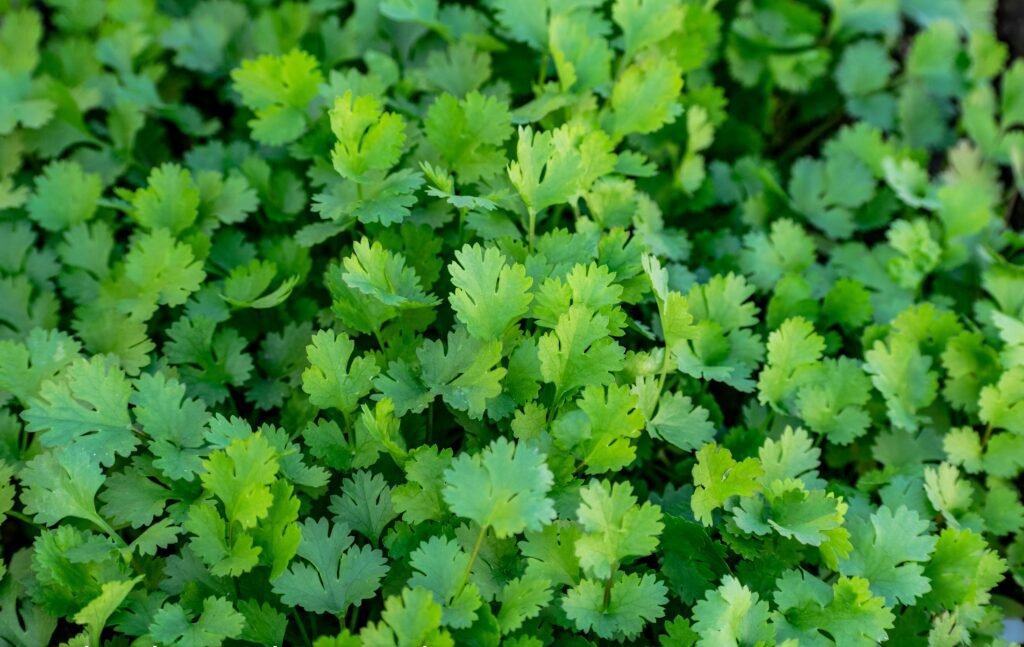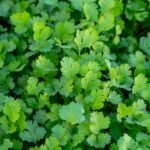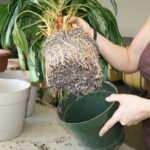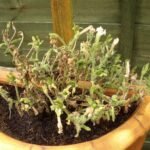How to Grow Your Own Herb Garden
Hey Fellow Plant Parents!
Do you know I love herbs and I am a proud owner of a small yet rewarding herb garden. While flowering and ornamental plants make your garden look dainty, herbs make it more practical. It ensures you receive fresh ingredients for your kitchen all year long.
Growing them is easy. You don’t need to be a seasoned gardener, even if you are a beginner, you can grow herbs easily. This guide will walk you through everything you need to know to cultivate a thriving herb garden.
Step 1: Choose Your Garden Type
The setting is a deciding factor in the choice of the herb you can grow. Here’s how:
- Indoor or Outdoor: Herbs grow well in both settings. However, one must ensure access to 6-8 hours of sunlight daily or use grow lights indoors.
- Containers vs. Ground:
- Containers are ideal for limited spaces and controlling invasive herbs like mint.
- Ground planting works for larger areas but requires soil preparation.
Step 2: Select the Herbs
On the basis of your proficiency, pick the herb type.
- Beginner-friendly choices:
- Culinary herbs: Basil, parsley, rosemary, oregano, mint.
- Tea herbs: Chamomile, lemon balm.
- Annuals vs. Perennials:
- Annuals (e.g., basil, dill): Complete their life cycle in one season and need replanting.
- Perennials (e.g., thyme, sage): Grow year after year, requiring less maintenance.
Step 3: Prepare the Soil
Soil plays the role of a nurturer. Therefore, make sure it has all that makes it perfect for yoru herb type.
- Use well-drained soil enriched with compost or organic matter.
- For containers:
- Use a quality potting mix with added sand for drainage.
- Outdoor beds:
- Group herbs with similar water and sunlight needs (e.g., rosemary with thyme in sunny, dry spots).
Step 4: Planting Tips
When, where and how help decide the fate of the plant.
- When to plant:
- Warm-season herbs (basil, dill): Plant after frost ends.
- Cool-season herbs (parsley, chives): Plant early spring or late summer.
- Spacing: Avoid overcrowding to allow proper airflow and reduce disease risks.
- Companion planting: Pair compatible herbs (e.g., basil and oregano) and avoid mismatched ones (e.g., basil and sage).
Step 5: Care for Your Garden
After your sow the plant, the caring regime makes or breaks the health of the plant.
- Watering:
- Keep the soil moist but not soggy.
- Check container plants more frequently, especially in hot weather.
- Fertilizing:
- Use a balanced fertilizer sparingly to avoid overgrowth at the expense of flavor.
- Pruning:
- Snip leaves regularly to promote growth and delay flowering.
- Pest control:
- Inspect for pests like aphids; treat infestations with organic solutions like neem oil.
Step 6: Indoor Herb Gardening
When placing indoors, here’s what you need to know:
- Place pots near a south-facing window or under grow lights.
- Rotate pots to ensure even sunlight exposure.
- Use containers with proper drainage to prevent root rot.
Step 7: Extend Harvests Year-Round
When done right, you can reap the fruit all year long.
- Succession planting: Sow seeds (like basil) every few weeks for continuous crops.
- Preservation: Dry or freeze herbs like rosemary and thyme for off-season use.
- Winter care:
- Bring tender herbs indoors before frost.
- Use cloches or frost blankets for outdoor perennials.
Step 8: Avoid Common Mistakes
A little mistake can run your plants. Do as follows:
- Over-watering: Keep the soil damp but not soggy.
- Over-crowding: Allow each plant enough space to thrive.
- Ignoring individual needs: Tailor care to specific herbs (e.g., dry-loving rosemary vs. moisture-loving mint).
Benefits of Growing an Herb Garden
Finally, this is what you can achieve with your herb garden:
- Access to fresh, flavorful ingredients for cooking.
- Saves money on store-bought herbs.
- Enhances mental well-being and adds greenery to your space.
With these steps, your herb garden will flourish, providing fresh, fragrant herbs all year long.






